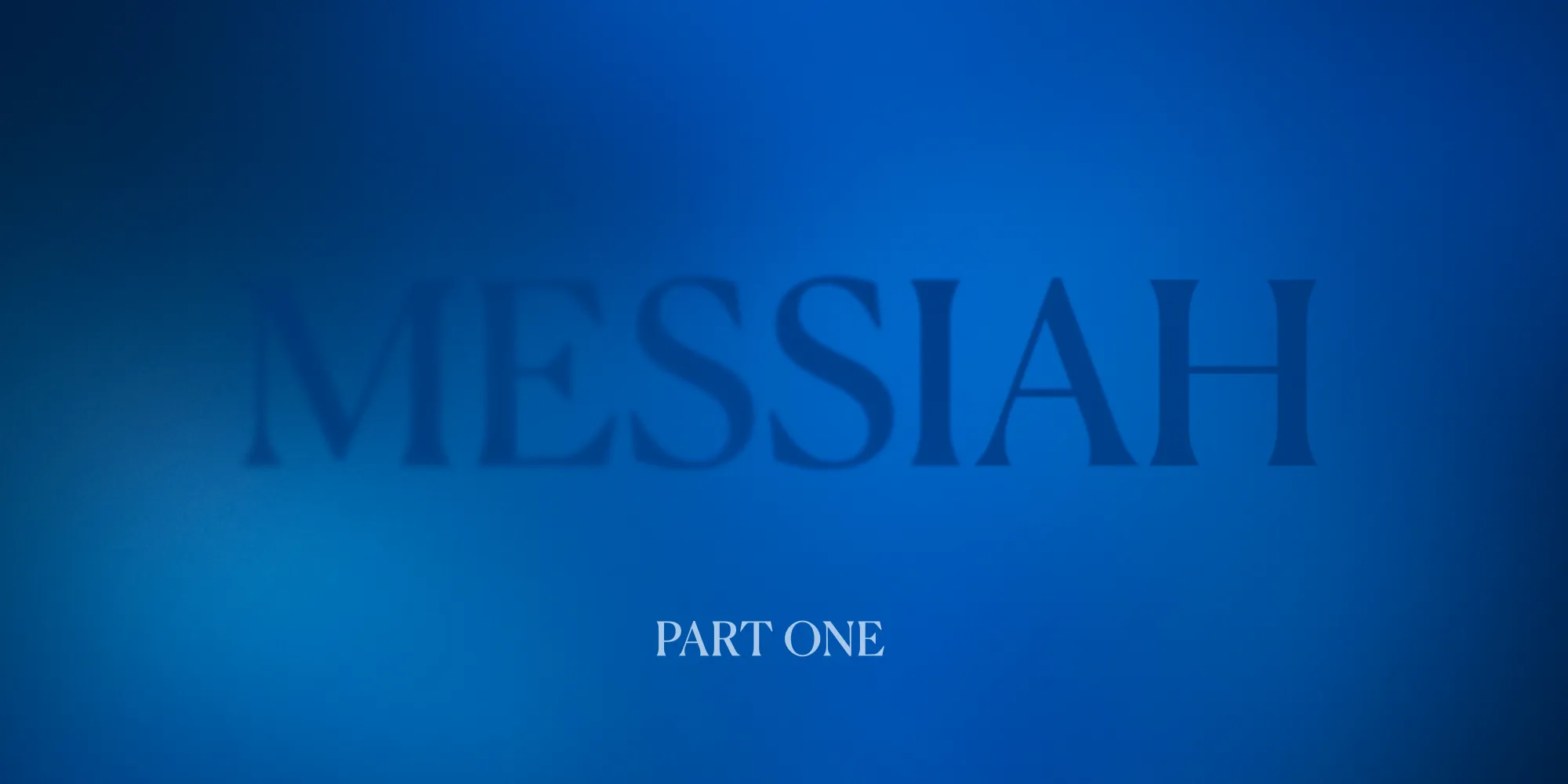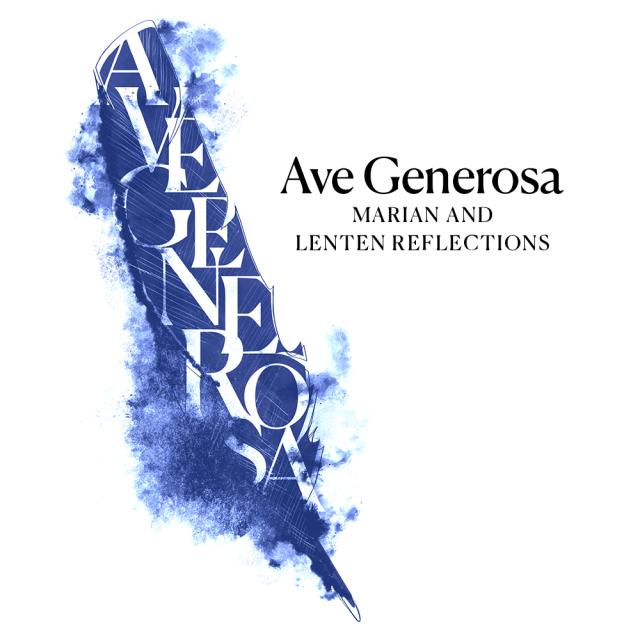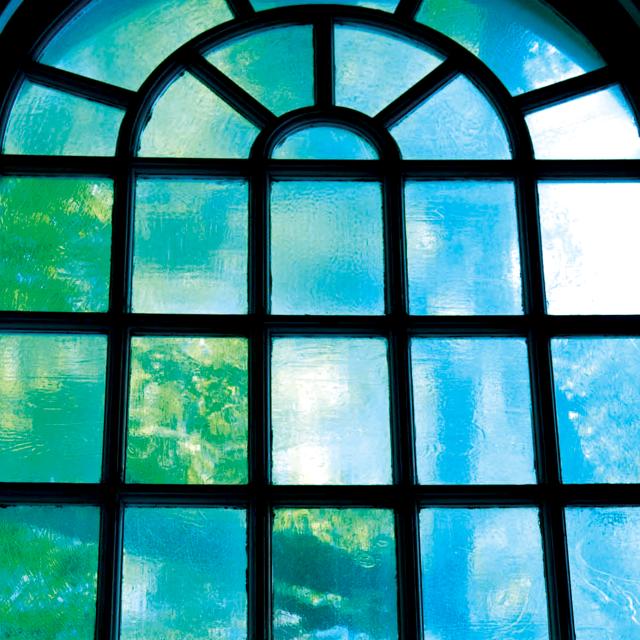Handel’s Messiah

“Burning and gladdening, vivid in both darkness and light,” Trinity’s Messiah is “the gold standard” (The New York Times).
Watch the 2025 performance of Messiah, Part I, led by Trinity’s Director of Music, Melissa Attebury.
In a season full of Messiah concerts, Trinity’s is unique — distinctly modern yet authentically performed on period instruments in a sacred and acoustically rich space. A cherished holiday tradition that has captivated audiences since it was first presented by the church in 1770, this is the most historic Messiah in New York City.
While most performances of Messiah use a quartet of opera singers for the solos, Trinity’s soloists step forward from the choir. The practice “allows the ensemble to show off the strengths of its roster” and creates the “feeling of an intimate, alternately sober and joyous communal rite,” according to The New York Times.
George Frideric Handel began work on Messiah on August 22, 1741, and famously completed it only 24 days later. In the 1730s he had abandoned Italian opera for oratorios in English; he had already completed several works in the genre and would compose several more. But in harnessing this particular burst of inspiration to create Messiah, Handel fashioned a work of art that would prove more enduring and beloved than anything else he created in his lifetime.
This December, for the first time, Trinity will present the oratorio in two liturgically aligned parts: Part I, which prophesies the coming of the Messiah and the birth of Jesus, will be offered as part of the holiday season, and Parts II and III, tracing Christ’s passion, death, and resurrection, will be performed at Easter time. Featuring the peerless Trinity Choir, Trinity Baroque Orchestra, and Trinity Youth Chorus, the 2025 performance will be led by Trinity’s acclaimed Director of Music Melissa Attebury. “This oratorio is an emotional journey,” says Attebury, “one we’ll begin together at Christmastime and bring to its logical conclusion with the Lenten season.”
Watch 2025 Messiah on Trinity Youtube Channel.






